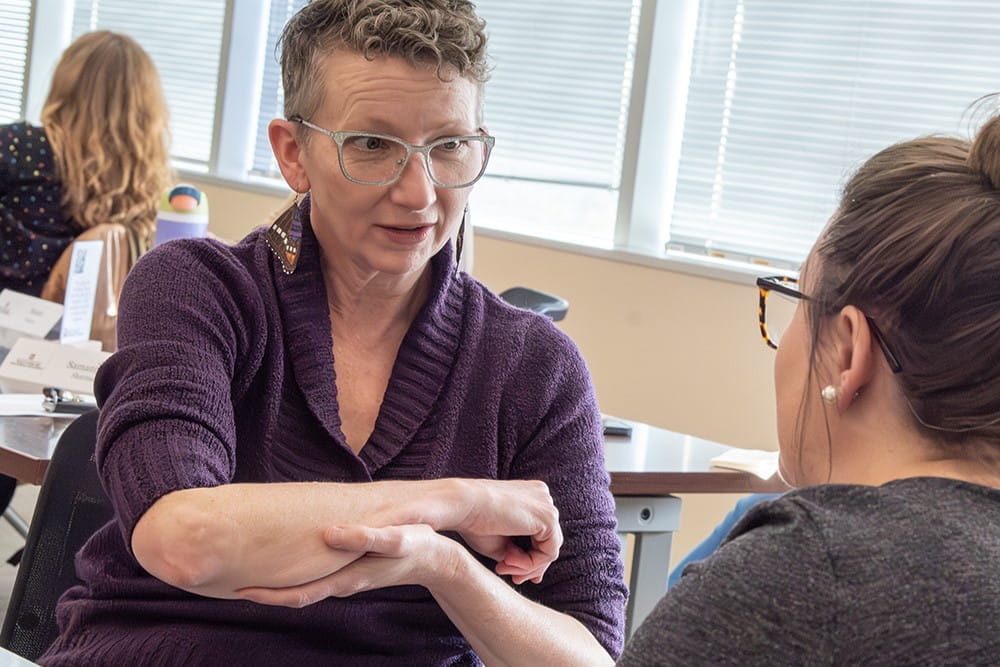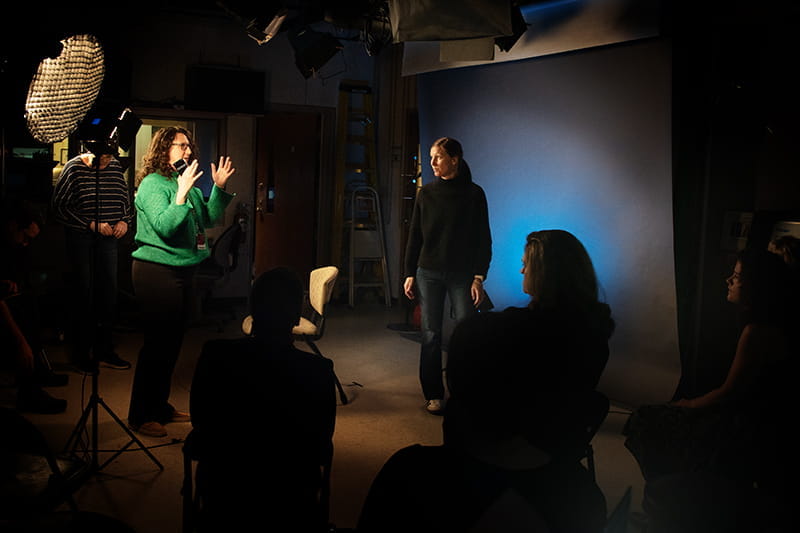Do you struggle to summarize complex scientific information into short, easy-to-understand concepts?
Are you passionate about your work and eager to share it with as many people as possible?
Indiana University School of Medicine's Communicating Science program teaches tangible techniques for communicating more effectively and engagingly with a variety of audiences, from patients and their families to reporters and conference-goers.

